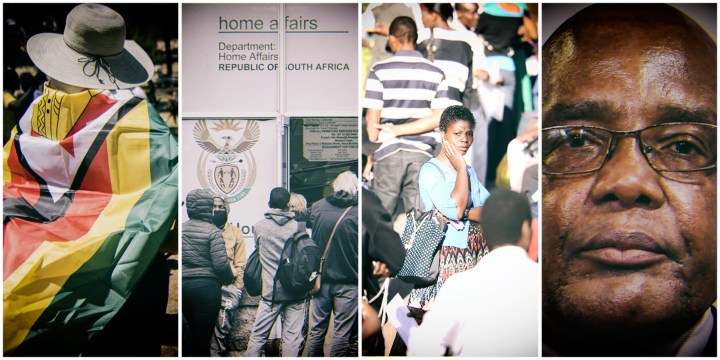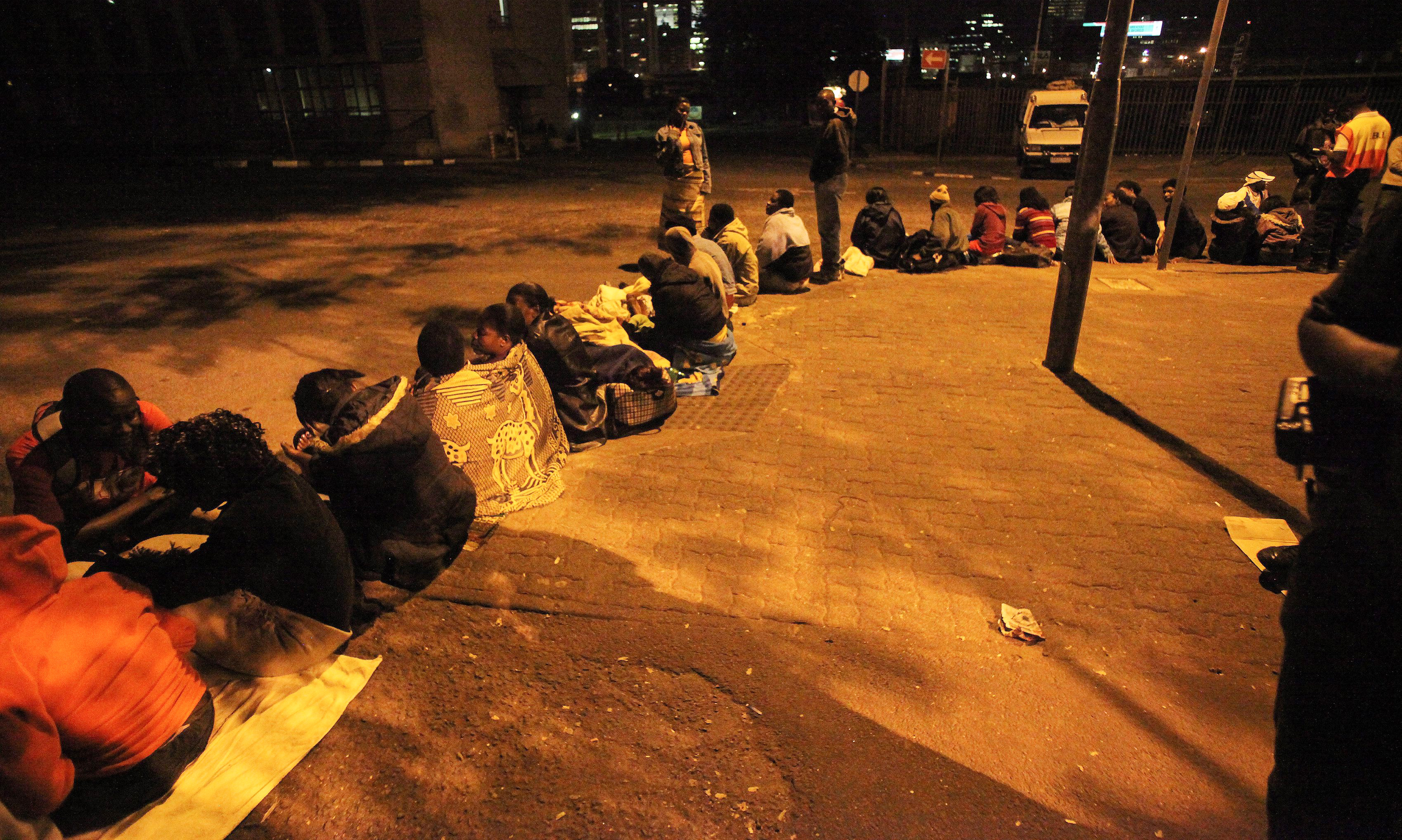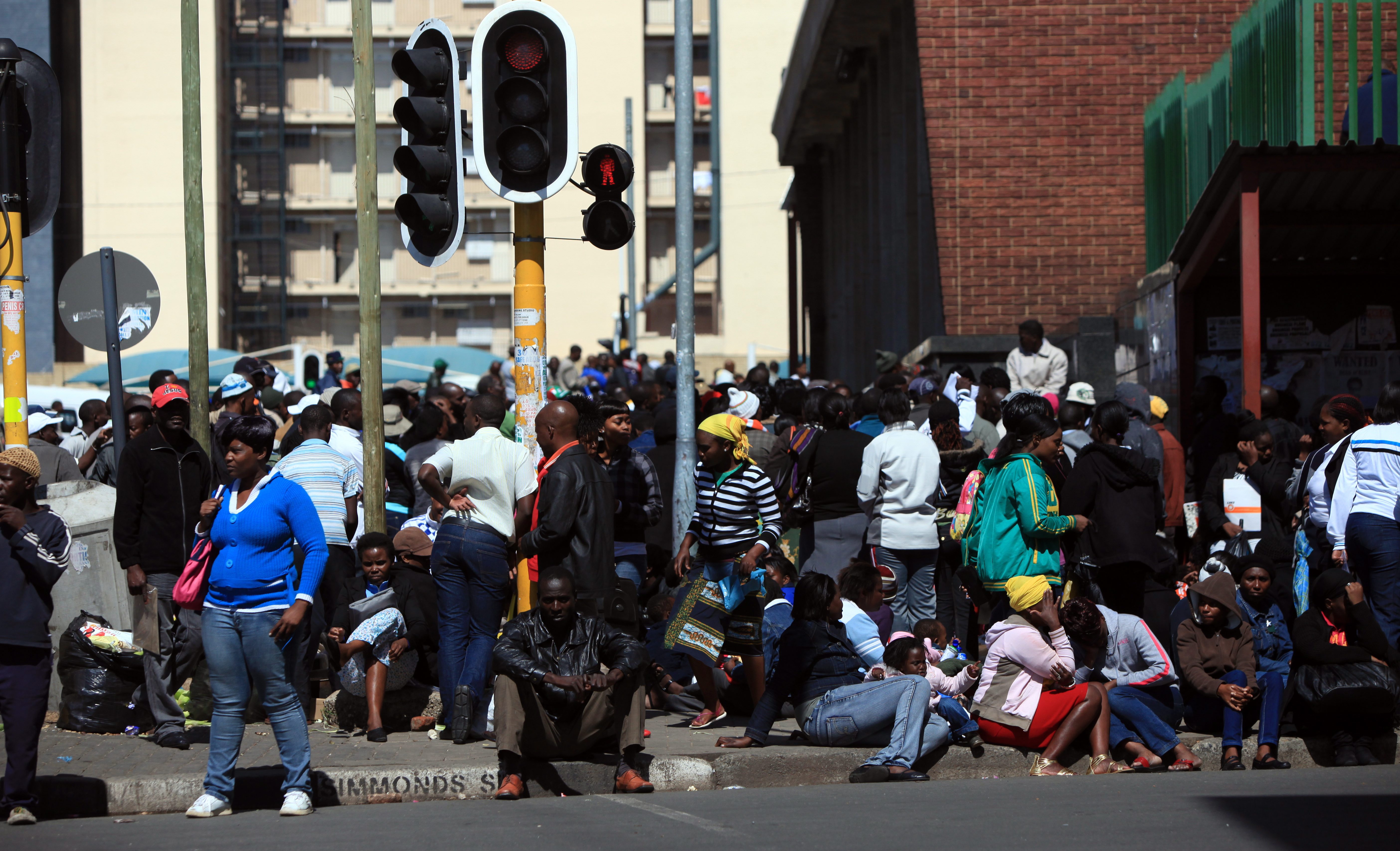
The Department of Home Affairs, which created the Zimbabwean Exemption Permits (ZEPs) in 2009, has been given a year to correct its process around the future of the permits.
The department has been found wanting in its application of the Promotion of Administrative Justice Act, which requires administrative decisions to be clear and give adequate notice to those affected.
Section 4(1) of the act says that where an administrative decision “materially and adversely affects the rights of the public”, an administrator owes a duty of fairness to the public at large. This would include the administrator holding public hearings or obtaining written comment on a decision.
The court also found that the department did not consider the impact the decision would have on the rights of those affected, especially children.
The ZEPs first came into existence in 2009 and were extended several times by the Department of Home Affairs. In September 2021, the department decided to terminate the ZEP regime and announced that decision in November 2021. This was just a month before the expiry of the latest permits.
The department announced that ZEP holders would be given a 12-month grace period following the expiry of the document, extending its validity to 31 December 2022.

Zimbabweans wait in long queues outside the Home Affairs offices in Rissik Street, Johannesburg, on 12 October 2010. Zimbabweans on special dispensation visas‚ which were issued in 2010 and expired on 31 December of that year, were applying for Zimbabwe Exemption Permits (ZEPs). (Photo: Gallo Images / The Times / Elizabeth Sejake)
More than 178,000 Zimbabwean citizens are believed to be using these permits while living and working in South Africa. The decision was taken on review by the Helen Suzman Foundation and the Consortium for Refugees and Migrants in SA.
“Given the grave and lasting impact of the extension decision on the rights of ZEP holders, both individually and as a group, a rational and procedurally fair decision to extend the ZEP until 31 December 2022 would require at the very least that the ZEP holders and civil society organisations representing their interests be afforded an opportunity to make a representation on the proposed extension before it was approved,” Judge Colleen Collis wrote in the judgment.
She added that in affidavits before the court, the department had alleged there was an “extensive public process implemented to seek comment from every affected ZEP holder and from civil society organisations representing the interests of ZEP holders”, but this had not been the case.
Home Affairs Director-General Livhuwani Makhode told the court that there was “no decision taken to terminate all ZEPs” and “no decision has been taken not to grant further exemptions to ZEP holders”.
An unsustainable stance
“The stance adopted by the director-general who deposed to the answering affidavit insisting that no final decision had been taken is unsustainable, more so in circumstances where the concerned minister failed to depose a confirmatory affidavit. It flies in the face of directives and press statements which have been issued previously. Consequently, the court accepts that a decision has been taken to terminate the ZEP programme,” Judge Collis said.
She added that the first call for public comment was made “after the fact”. The judge pointed out that the belated consultation attempts were “not designed to elicit meaningful representations from either ZEP holders or the public”.
She also noted that the department had not assessed the impact the termination decision would have on children. The decision also required a “careful assessment of the current conditions in Zimbabwe”. Judge Collis said Home Affairs Minister Aaron Motsoaledi had provided “no admissible evidence” that he had considered these factors.
“The director-general’s submissions to the minister on 20 September 2020, which formed the basis of the decision, were entirely silent on the impact on the ZEP holders’ families and their children. On the director-general’s own version, the minister simply approved [his] submissions on the same day they were handed to him, without further interrogation.”
She also noted that the press statement of 7 January 2022 was “entirely silent” on the issue of the effects on children. Collis added that the “inescapable conclusion was that Motsoaledi failed to consider the impact on children, which was a failure in terms of the Promotion of Administrative Justice Act (PAJA).
“The rights affected by the termination of the ZEP programme is the right to dignity which encompasses the right to enjoyment of employment opportunities, access to health, education and protection from deportation… The termination of the ZEP programme affects several established principles underpinning the best interests of a child.
“For example, it is not in the best interests of a child to be undocumented for extended periods of time, it violates the principle that individualised decision-making in all matters concerning children should be made and the termination violates the duty to ensure that all children should be heard in matters concerning their interests,” she said.

Zimbabweans wait in long queues at Home Affairs in Rissik Street, Johannesburg, on 13 December 2010. Zimbabweans on special dispensation visas‚ which were issued in 2010 and expired on 31 December of that year, were applying for Zimbabwe Exemption Permits (ZEPs). (Photo: Gallo Images / The Times / Marianne Schwankhart)
The court also questioned the assertion that conditions had improved in Zimbabwe and said the department had not provided any evidence that it had investigated the situation there before making the decision.
“The director-general also makes a number of claims, including that hyperinflation has abated and that unemployment in Zimbabwe has fallen to 5.2 %. In fact, headline inflation shot up to 256.9% in July 2022 and according to the World Bank report annexed to the director-general’s own affidavit, the unemployment rate is 19.1% (excluding those who have given up looking for work). Applying an expanded definition, which includes discouraged job seekers, the unemployment rate is over 44%.”
Judge Collis added that the department had cited “budgetary constraints” as part of the motivation for the decision, but provided no information to the court.
“In the absence of factual evidence, we therefore find that the minister’s decision is an unjustified limitation of rights, which is unconstitutional and invalid in terms of section 172(1) of the Constitution and must be reviewed and set aside in terms of sections 6(2)i of PAJA.”
The department has been ordered to pay the legal fees in the case.
The case was heard by a Full Bench of the High Court in Pretoria. Judge Gcina Malindi and acting Judge Mandlenkosi Motha concurred with the decision. DM


